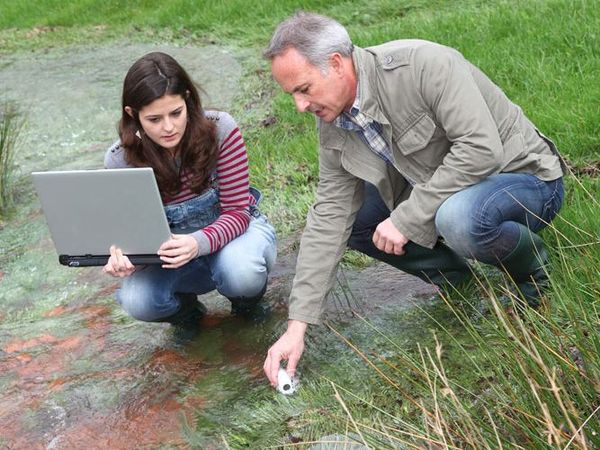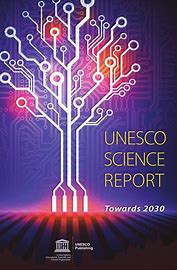At the centre of the Man and the Biosphere Programme stands the concept of the UNESCO Biosphere Reserves. UNESCO Biosphere Reserves are internationally representative land, water or coastal regions in which sustainable development is actively practised. These places provide an example of how the effort of preserving biodiversity and regional cultural value can go hand in hand with social and economic development. UNESCO Biosphere Reserves thus represent the cohabitation of man and nature. The Man and the Biosphere Programme
read moreThe goal of the “For Women in Science” cooperation between L’ORÉAL and UNESCO is public recognition and worldwide promotion of the role of women in science, especially in life sciences. In doing so, L’ORÉAL supports what is a significant concern for UNESCO: stopping the multifaceted ways in which women experience discrimination, which are rooted in unequal access to education in general and become even more apparent when it comes to scientific education.
read more
![[Translate to EN:] [Translate to EN:]](/fileadmin/_processed_/4/a/csm_FotoPosting_979fafd509.jpeg)


